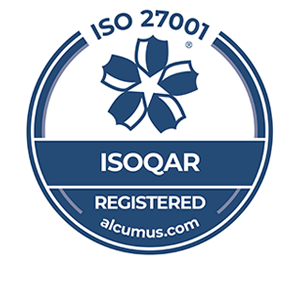To be able to understand what it is that makes insight hard to achieve, you first need to understand what insight actually is.
Given the amount of times the term is used in the industry, you’d imagine that there would be a clear and easy definition, but if you ever Googled ‘Market Research Insight definition’ (which I’d never actually done until I sat down to write this blog), you’ll see that there are many different definitions, each with slight variances.
Insight really is a complex concept; it’s an amalgamation of elements of market research, psychology and business management that work together to generate the output.
5 Pillars of Consumer Insight
When you look into it in more detail, the general gist of insight, what I would always look to achieve when delivering insight is: creating output for a client which is a new finding to their business; gives them a clear understanding of the current situation, the challenge(s) and gives them clear direction in which they can take their business forward.
| Tweet This |
|
"Insight must define how a business moves forward - a blend of context & consumer input." |
Most importantly the recommendations and suggestions made to them are realistic and achievable. With the volume of different options available to us, it’s easy to run research and produce research findings. It’s the translating this into insight where the start of the challenges begin.
Producing Reliable Insight
Producing insight is not just taking the research findings on face value and highlighting what improvements need to be made. For example, running some research that finds one element of service is performing poorly compared to others and recommending that the client improves that element of the service doesn’t give the client any insight that just tells them the current situation (which they are likely to already know).
It’s the combination of the research findings with the understanding of how customers behave, the understanding of the specific market and the understanding of the business that gives the client a deeper understanding of what the issue is, why it is an issue, what they should be doing to rectify it and therefore provides the insight.
The fact that you need to consult your knowledge bank about so many different elements makes insight difficult to achieve, but when you look into what each of them mean for you as a researcher, it becomes that much more difficult.
If you don’t understand how customers in the sector behave, then you’re going to struggle to offer insightful recommendations based on future trends within that sector. As an agency side researcher, it can be hard to be in a position where you have enough understanding about a particular business to know what is achievable for them. There’s no point in suggesting something that is impossible for them to achieve financially or logistically.
On top of that, trying to unearth a new finding can be quite a challenge, especially if there’s been a heap of research conducted before you. It’s even harder should it be an ad hoc project with a new client.
| Tweet This |
This is why it’s so important to have a close working relationship with your client and really be immersed in the business; you need to be comfortable having a conversation with them so that you can have an understanding of all the necessary variables. Thinking SMART (specific, measurable, achievable, realistic and time-defined) when producing recommendations does help to ensure that you are delivering high quality insight, rather than just research findings. But you can’t do this without the wider knowledge.
What is your advice for producing consistently reliable insight that goes beyond interpretation of words and data?

















